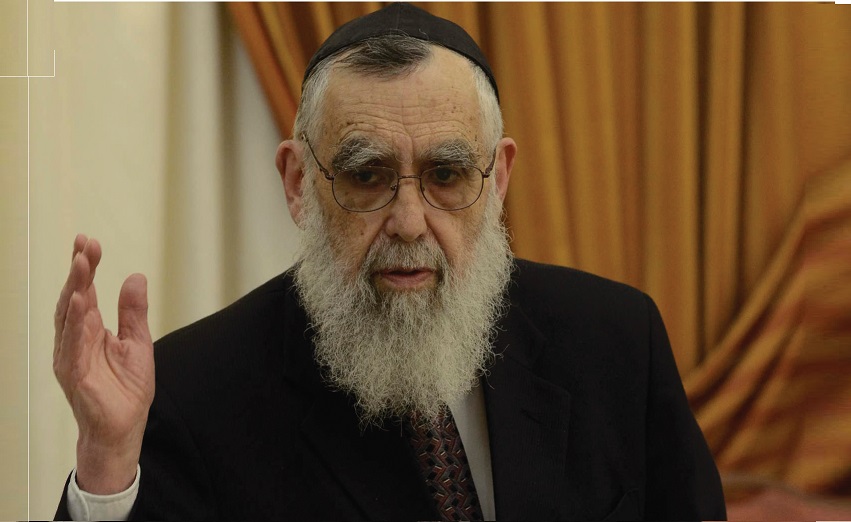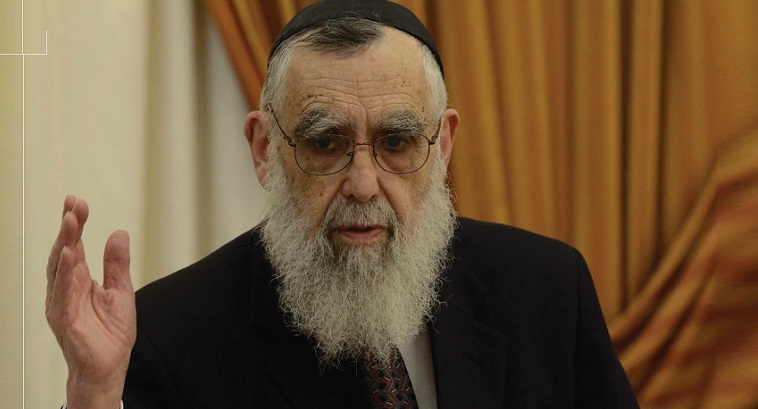Living in Two Worlds: True Confessions

The American plus is a chareidi minus, a microcosm of living in two worlds
I know an American rabbi who, although he had a busy, bustling congregation, managed to earn a legitimate PhD from a fine university. The doctorate took time and effort, but the university, knowing that he was a full-time pulpit rabbi, was very patient with him, and allowed him as much time as he needed. It took him ten years to obtain the doctorate. It was not easy, it required effort and careful allocation of time, but his dissertation was on a Biblical topic, and it was his entrance ticket to academia. With it he was able to teach college courses on Judaism and on Jewish law. Perhaps most significantly, it helped increase his influence with the non-Orthodox Jewish community who did not realize that semichah was much more difficult to achieve than a doctorate. They felt that a doctorate for an Orthodox rabbi was a strange anomaly, but because of it, listened more attentively to him and were more open, ironically, to teachings of Torah.
But G-d, as they say, has a sense of humor. The rabbi ultimately retired and moved to Jerusalem’s Bayit Vegan neighborhood. Bayit Vegan is chareidi, but not extremely so. It is certainly much more black-hat than kippah serugah, but there is no animosity between the two groups. It is generally a peaceful, tolerant, open-minded neighborhood.
But it is definitely chareidi. As such, the center of gravity is the yeshivah world, not the academic world. A head of a yeshivah is given far more respect and veneration than, say, the head of a college. Nonreligious studies in general are looked down upon and are engaged in not for their own sake, but as a means of earning a living. No one, for example, reads Shakespeare in his leisure time, and few people ever heard of Rembrandt and certainly not Picasso. Computer skills and accounting are the subjects of choice, since they do not expose the chareidi student to values inimical or foreign to Judaism.
In such a milieu, an Orthodox rabbi with both a gray beard and a doctorate is a strange anomaly. He might wear a black hat, he might daven at the hashkamah sunrise minyan, he might study Gemara hours long in the beis medrash, he might attend top-flight shiurim, but if he has a doctorate, there is a certain taint of modernity about him — and modernity is not a desideratum in chareidi circles. He is, in a word, considered to be a bit odd, but he is forgiven because, after all, he is an American. Were his children in shidduchim, his doctorate would not always be a plus in his favor.
So the hard-won doctorate is swept under the rug. Truly, “yoshev b’Shamayim yis’hak — He Who dwells in Heaven will laugh”( Tehillim 2:4). That which is considered so desirable for a rabbi in the West is something barely whispered in chareidi Jerusalem. The American plus is a chareidi minus, a microcosm of living in two worlds.
The rabbi often wonders: Was doing the doctorate worth the trouble? He rationalizes that in the West, the answer is probably yes: Perhaps it helped spread Torah.
Which leads into another question: Are secular studies only utilitarian, or do they have any intrinsic value? There is more wisdom in a single section of Chumash or Mishlei or Koheles, for example, than in the entire corpus of, say, Western thought. Therefore there are strong views — commonly known as the “Torah only” view — that all secular learning without exception is a waste of time, bittul zeman. Others hold a middle ground that maintains that until we attain the exalted ability to mine Torah wisdom full time, certain secular studies, carefully chosen, can offer a window into the outside world, help broaden a person’s vision, and thereby help him reach out to the educated but nonobservant Jew. Shakespeare’s poetry is very far from Tehillim, and Tolstoy does not even come close to Shlomo Hamelech, but they can potentially offer some insights into the human condition.
Living in two worlds, the rabbi concluded, is quite complex, and requires some emotional dexterity, even for those with a doctorate.
(Originally featured in Mishpacha, Issue 914)
Oops! We could not locate your form.




